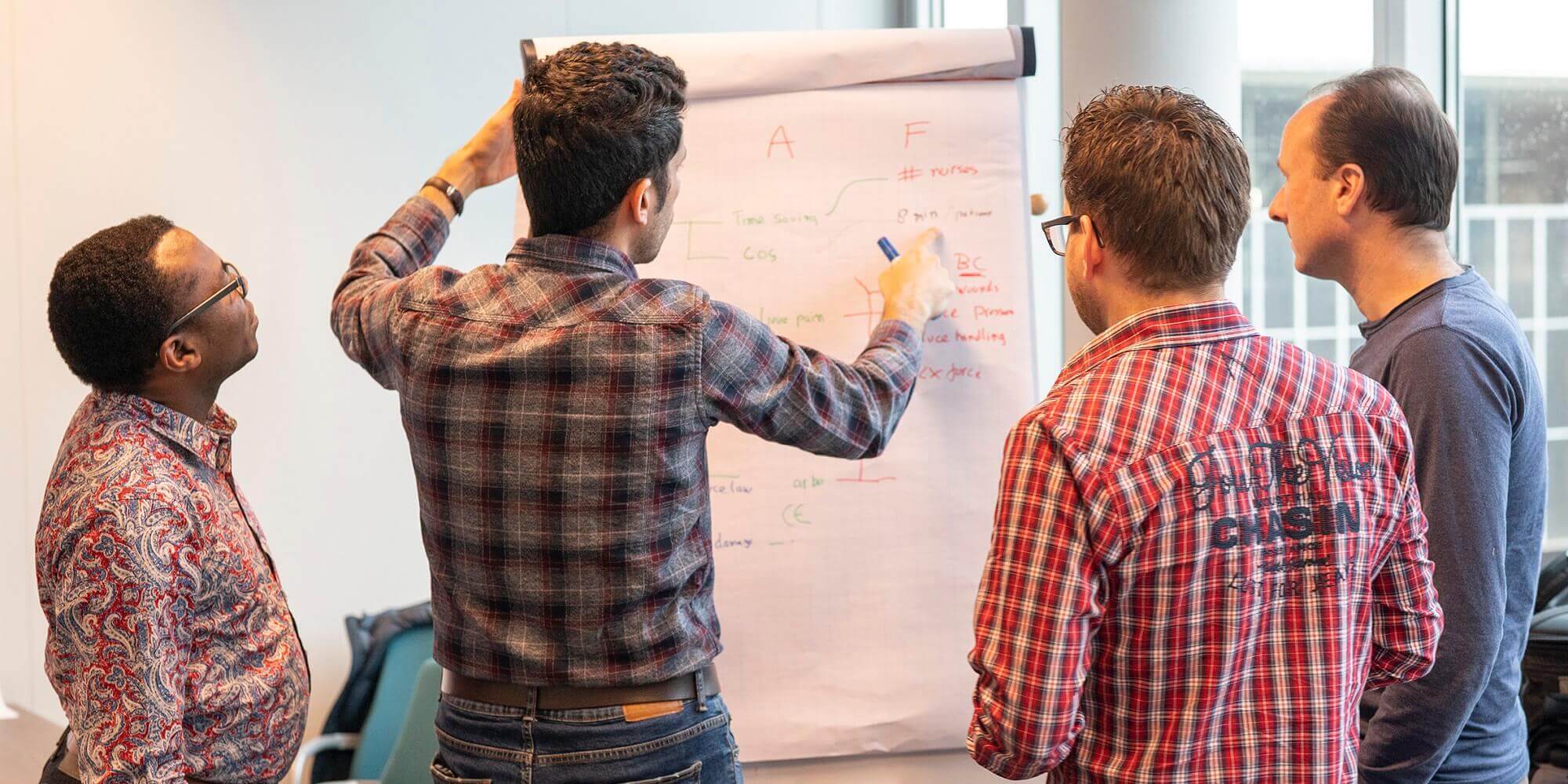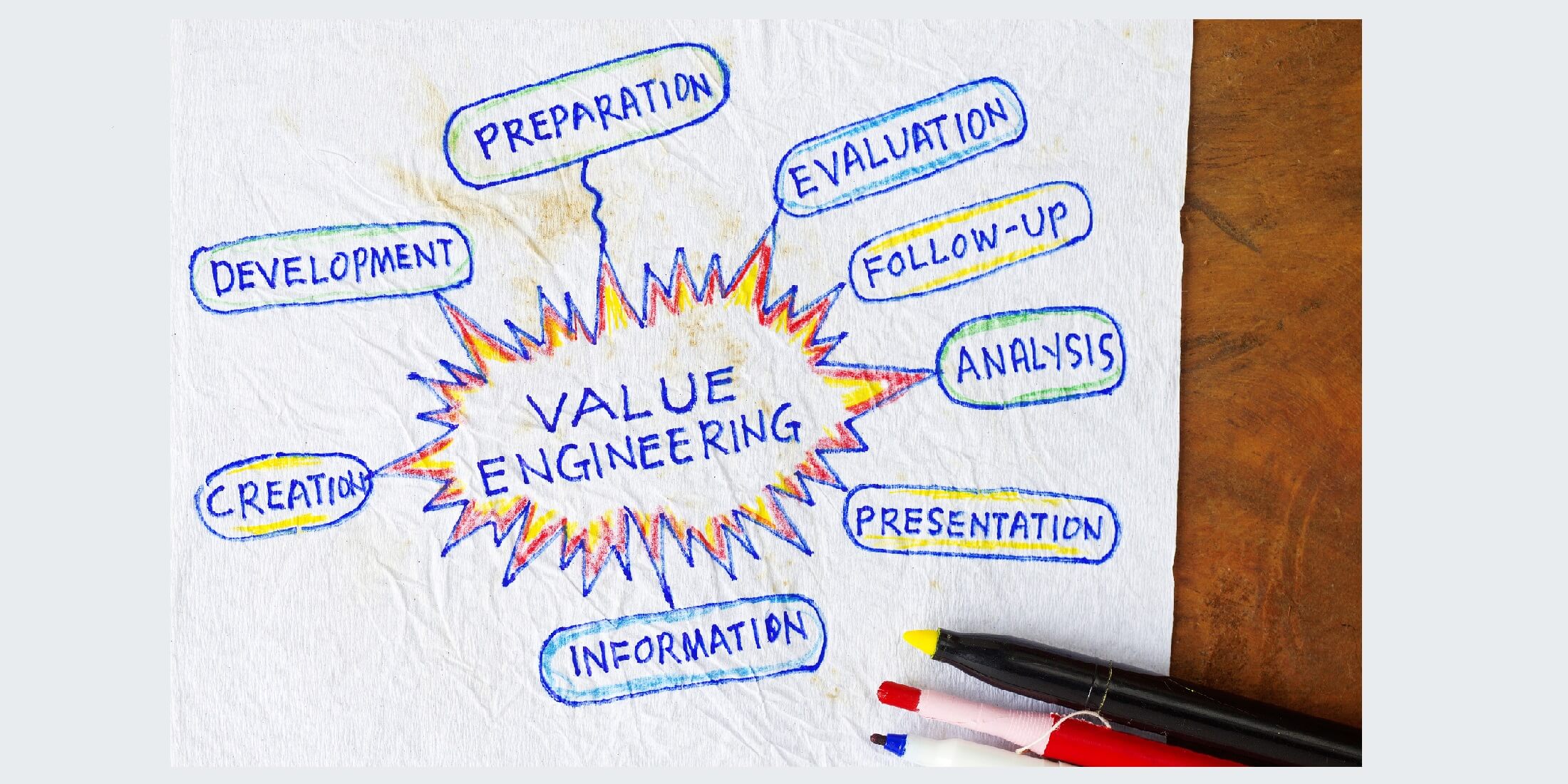Presentations, lecture-type parts, workshop-parts and exercises.
This is a comprehensive training for those who work in multi-disciplinary projects, where a strong dependency exists on information transformation from stakeholders to developers, implementers, integrators, testers, and maintenance responsibility. In the training a method is presented that ensures both the quality of requirements as well as a systematic way of translating information from one abstraction level to another without losing information in the translation process.
A handful of trends in the field of system requirements engineering, by trainer Cees Michielsen:
- Trend 1: Getting your system requirements complete
- Trend 2: Good quality requirements
- Trend 3: Traceability
- Trend 4: The W model
- Trend 5: Tooling
This training is available for open enrollment as well as for in-company sessions. For in-company sessions, the System requirements engineering training can be adapted to your situation and special needs.
A one-day SRE awareness training is also availble.
Objective
The training aims to:
- Define the context and pre-conditions for specifying good requirements;
- Improve the requirement specification skills of the participants;
- Define steps to establish a well-defined requirements engineering process, leading to effectively writing good quality requirements;
- Give insight into how a product can be structured according to the complexity and dependencies as a result of decisions taken;
- Enable the trainees to implement transparency and traceability for their specifications.
Target audience
This course is intended for:
- Requirements engineers, business analysts, systems engineers, system architects, marketing professionals, project managers, quality assurance professionals.
- Practitioners who have a need or a desire to improve their requirements engineering process.
- For organizations that develop products and need to cope with different levels of abstraction to fulfil the requirements of stakeholders.
- For anyone who wishes to improve their understanding of the dyanamics of requirements engineering as part of product development.
Prerequisite: an open mind for innovative methods to manage and engineer requirements.
Program
The training focuses on three dimensions:
1. The product dimension
- Describing the relevant abstraction levels of information that specify the product and their dependencies;
- Identification and specification of the product’s architecture, systems, subsystems, disciplines, components and parts;
- Specification of the product architecture element requirements and design decisions, including their dependencies.
2. The process dimension
- With process steps, typical for each sector;
- Product development cycles (life cycle processes);
- Relationship between the process and the product dimension.
3. The people dimension
- Describing the skills and competencies of people directly or indirectly involved in the Requirements Engineering processes;
- The relationship between all three dimensions.
The 'Requirements engineering' training lays the foundation for consistent, transparent, traceable and verifiable requirements. A pre-requisite to develop large complex products in a multi-discipline environment. The examples and workshop parts will be tailored to fit the needs of the participants.
Methods
Certification
Participants will receive a course certificate from the High Tech Institute for attending this training. Additionally, if you are pursuing INCOSE certification or certification renewal, you can claim 16 PDUs (Professional Development Units) for completing this training.
More information
Remarks from participants








